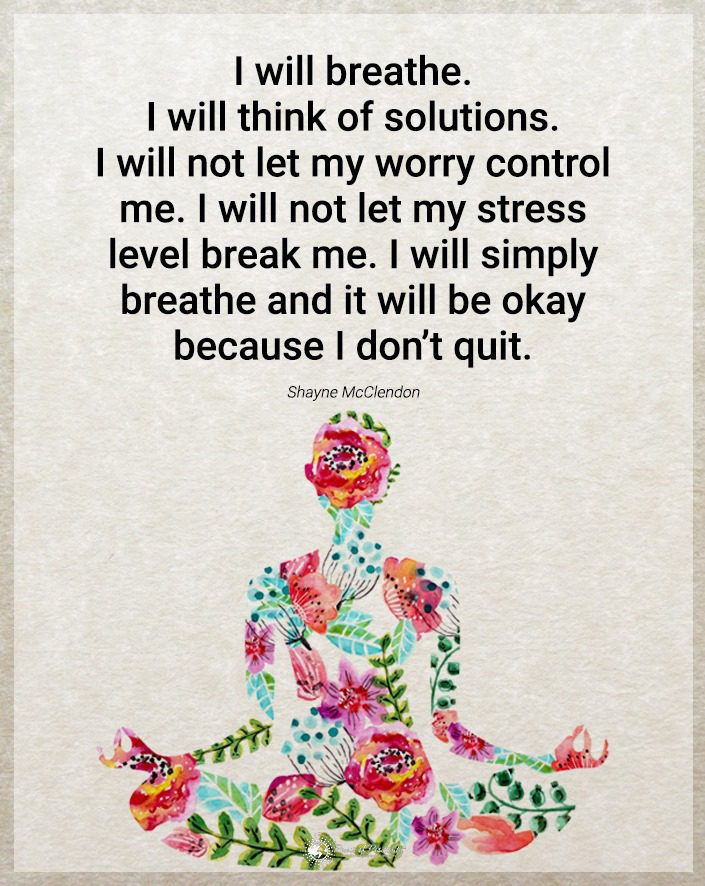Having a great relationship is a balancing act. Not only do you need to ensure your needs are met, but you also must be considerate of your partner and their desires. There are times when things are going well. But if someone has done something to destroy trust, you might believe it’s time to give up. Can you fix this?
There’s a proverbial line drawn that they can’t go back once a couple crosses. This line includes usually includes infidelity. How can people move forward when the one supposed to love them hurts them so badly?
10 Behaviors That Destroy the Trust of a Partner
Have you done things that have made your partner distrust you? Would you forgive yourself if the roles were reversed? Here are ten behaviors that might make your relationship rocky or even destroy it.

1. You Destroy Trust if You’re Not Honest
If you lie to your spouse, you will destroy your trust. Sometimes people lie because the truth is too painful to admit, or they want to keep the other person from getting hurt. You can rest assured that they will be more hurt by your deception than they will by the truth.
Though it’s challenging to be honest when you’ve done wrong, it’s better to get it out in the open and deal with the situation. Lying is never an effective way to hide something, as it will always come back to haunt you.
2. You Haven’t Been Faithful
Faithfulness in a relationship is one of the top concerns. According to Infidelity Statistics, 90 percent of people in this country think that affairs are wrong, but more than 50 percent of all committed relationships will eventually face infidelity. Regardless of the situation, getting over such a devastating blow is hard.
Still, you can work through this situation and go forwards, but you must be willing to forgive and rebuild your trust.
3. Manipulative Behaviors Will Destroy the Trust
A manipulative person might use gaslighting to keep another person in check. If you play mind games and use your relationship for personal gain, you will find that your faithfulness to your partner is skewed. Dealing with a narcissistic personality disorder can make the other party distrust you and your motives toward them.
4. You’re Not Trustworthy
Being trustworthy is about more than lying. You can ruin the trust between one another by not having each other’s best interests at heart. For instance, if your partner tells you something personal and doesn’t want to get out, you can ruin your trust by gossiping.
They will think twice about telling you anything further. Not only does it show that you’re not trustworthy, but you also lack dedication. How can they trust you when you tell their intimate secrets to others?
5. You Don’t Express Your Feelings
Keeping your feelings hidden can be a big issue. It would help if you were honest enough to say what’s on your mind and express how you feel. When you suppress these emotions, the other person doesn’t know what’s wrong or how to fix it.
It can be overwhelming to have someone emotionally closed off to their partner. It may appear you’re playing games or have an issue with them.
6. You Destroy Trust When You Can’t Accept Their Friends & Family
Every person wants their friends and family to love the one who stole their heart. However, if you don’t have the same respect and love in return, it can tense the situation. When you commit to someone, their family and friends come with them as a package deal.
You’ve heard stories of in-laws that sabotage relationships, but there must be some mutual respect. When you marry someone, you also marry their family.
7. You May Destroy Trust if You Have a Terrible Temper
Someone who is very temperamental can be quite a handful. Your partner feels like they can’t talk to you about anything as you’re like a bomb about to explode. They also may feel like your fuse is so short they walk on eggshells to keep things from erupting.
A temper issue is an indication that someone has anger problems. According to The Mayo Clinic, many people have tension, grudges, stress, and personality disorders behind their rage. A temper can destroy a relationship, especially if combined with gaslighting or verbal abuse.
8. You Don’t Communicate Well
Communication is one of the foundations of your union, and you must listen more than you speak. Your partner has a voice and wants to be heard. If you’re too busy complaining about your life and feelings, they may feel like they’re not essential or their feelings don’t count.
9. You Break Promises Regularly
When you make a promise to your partner, it creates an expectation and a bond of trust between you. However, if you habitually break your promises, no matter how small they are, it can significantly damage the trust in your relationship.
It might be easy to overlook or dismiss the breaking of a minor promise, but doing this consistently sends the message to your partner that you don’t take your commitments to them seriously. It undermines your reliability and could lead your partner to question your honesty in more significant matters. Keep your word and fulfill the promises you make. If you can’t keep a promise for a valid reason, be upfront about it and discuss the situation honestly.
10. Neglecting the Needs of Your Partner Can Destroy Trust
You and your partner both have needs. Your needs are physical, emotional, and spiritual. While you cannot fulfill their spiritual needs, you can help with their psychical and emotional ones.
If you neglect any of their needs, it can destroy trust and ruin your relationship. Things like denying intimacy can cause them to seek other places to fulfill these desires, though this is not an excuse for infidelity.
10 Ways to Restore Trust With Your Partner
Now that trust has been destroyed, it’s time to fix what’s been broken. Nothing can keep you apart if you both want to resolve things badly enough. However, if only one person works to repair the relationship, it will never work. Here are some things you can try.

1. Attend Counseling
Counseling is an excellent way for you both to start the rebuilding process. Since the therapist is a third party who looks from the outside, they can quickly identify issues and know where to begin the hard work.
2. Try Couples Exercises
There are many exercises out there that can help you become closer together. For instance, writing an appreciation list, eliminating stress, unplugging from technology, and having an open period to talk about things, can help you rebuild.
3. Make Time For One Another
Whether you’ve been dating for six months or married for twenty years doesn’t matter. It would help if you spent quality time together. If you don’t make time for the one you love, someone else will quickly swoop in and do everything they desire.
4. Vow To Be Honest in All Aspects
Taking a vow of honesty is hard to live by, even when it eliminates white lies. Even if it hurts, you must be honest with one another.
5. You Must Want the Relationship to Work
Above all else, you must want the relationship to work. If you don’t have your heart in it and are not giving a hundred percent, you’re wasting your time.
6. Be Vulnerable
Being vulnerable means opening up the innermost parts of your heart and life and sharing them. You may have some emotional baggage from other relationships holding you back. As a result, you may need to talk to your partner about serious issues you never disclosed. Putting all your cards on the table is a great way to rebuild the destroyed trust.
According to Good Therapy, you must be willing to let your guard down to heal. People often go into these situations, still reserved, afraid they will be hurt again if they put themselves out there. However, sometimes you must tear everything out to put it back together correctly.
7. Make Your Needs Known
It would be best if you made your needs known to your partner. Don’t hold anything back as you go through this rebuilding process; your dedication means everything. Speak up and let your voice be heard because this is the time to get everything out in the open.
8. Establish Boundaries
Before going forward with the restoration process, you need to establish boundaries. These safety zones are there to protect you from further hurt. Your partner should respect the limits you set, and you should respect theirs.
9. Analyze Things from Their Perspective
The best thing you can do for your partner is to step into their shoes for a minute. Look at things through their eyes and see how they view matters. Keeping the situation one-sided is easy, but it changes everything when you look at things differently.
10. Make a New Commitment
Once you’ve decided to work on the things that hinder your relationship and destroy trust, it’s time to make a new commitment to each other. Define your relationship anew and make goals for the future. You can’t leave things in the condition they’re in, so you must try to move forward.
Final Thoughts on Things That Destroy Trust and the Rebuilding Process
You can have the perfect relationship that’s been vital for years, and all it takes is one foolish mistake to change everything. However, if you’re both committed to making things work, there are steps you can take to rebuild the trust and get back to a place where you’re both happy with each other.


















